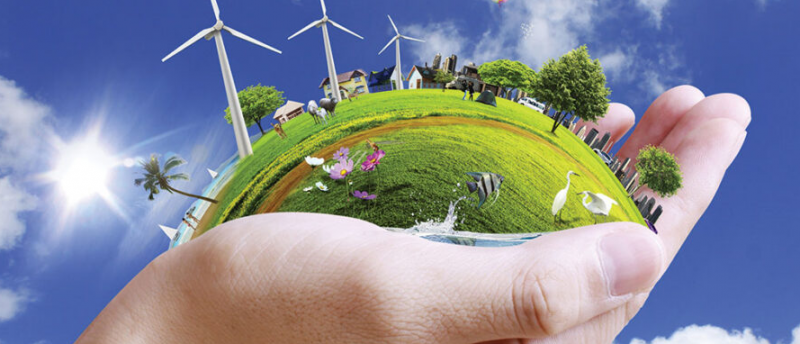
New Delhi: The flagship annual event of the World Economic Forum (WEF) will soon bring together world leaders at the famous Swiss ski resort of Davos to discuss geopolitics, economics and development, while being influenced by growing climate concerns.
At a turning point for the world, the annual meeting 2023 will bring together more than 2,500 leaders from government, business and civil society under the theme "Cooperation in a Fragmented World".
The areas of climate and clean energy will require the most cooperation, and Davos 2023 will provide an important platform to advance forward-thinking solutions through public-private collaboration and address the most pressing global challenges.
Also Read: S.Korea: Yoon's approval rating rises to 41.1 pc
Luis Kuijs, chief economist for Asia-Pacific at S&P Global Ratings, claims that "increases in productivity and living standards will undoubtedly be hindered by discretionary interventions, the creation of trade and investment barriers, and efforts to isolate specific economies. Transition. Green The economy will also be hampered by global economic fragmentation."
India, which is among the top 10 high performers in the Climate Change Performance Index in 2020, has taken several actions, such as setting up the International Solar Alliance (ISA), with a lofty goal to increase domestic renewable energy generation to 450 GW To determine. By 2030, implement a comprehensive national hydrogen mission, and maintain its efforts to decouple economic growth and emissions.
The country has achieved the amazing feat of providing electricity to almost all households, while developing one of the largest markets for renewable energy in the world.
Also Read: Centre confirms, Adequate foodgrain stocks under central pool
“While pursuing economic development in line with the vision of becoming net-zero emitters by 2070, hydrocarbon-rich countries (HRCs) can turn this challenge into an opportunity by leveraging their hydrocarbon resources, geographic locations.
Access to abundant renewable energy, and highly developed infrastructure for the development and export of clean hydrogen, defined as hydrogen with very low or zero carbon emissions, and its derivatives, including clean fuels
Prime Minister Modi also coined a new acronym – LIFE, an abbreviation of Lifestyle for the Environment – to combat climate change in Glasgow in 2021.
Also Read: Is it right or wrong for India to buy oil from Russia? IMF Director's big statement
It is now up to stakeholders from all sectors to discuss innovative partnerships that can accelerate the energy transition, as well as fill the gaps that must be addressed to ensure energy security, industrial acceleration and meet climate change goals. must be completed for